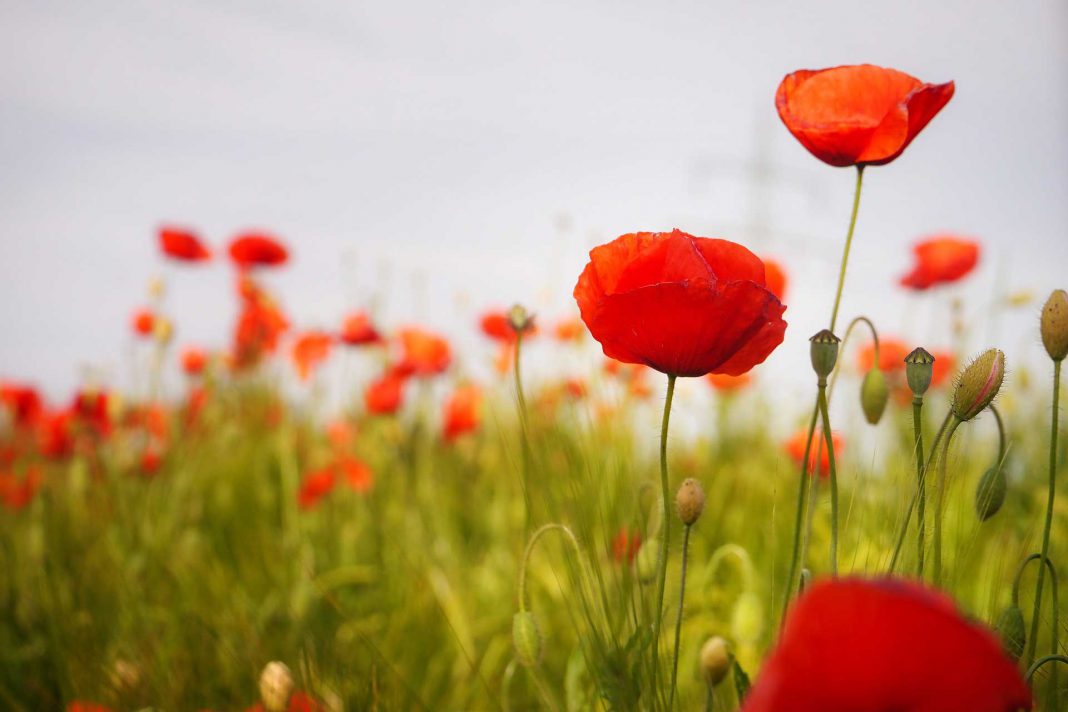ANISHINABEK NATION HEAD OFFICE (Nipissing First Nation) Nov. 10, 2017 – The Anishinabek Nation remembers and acknowledge the sacrifice of all its veterans.
“We remember those who paid the ultimate price for our freedom,” says Anishinabek Nation Grand Council Chief Patrick Madahbee. “Those who served and fought for our rights and freedoms and the men and women who presently serve to protect us. We remember those who fought in both World Wars and in all conflicts since then.”
More than 7,000 Indigenous Peoples made important contributions during the First World War (1914-1918), the Second World War (1939-1945) and the Korean War (1950-1953).
Most Indigenous veterans who served in the three wars did service in the infantry – the ground troops. A number of Indigenous soldiers became snipers or reconnaissance scouts. They used their traditional hunting and military skills to carry out dangerous tasks.
Snipers were required to use guns with precise aim. They shot at enemy targets from hidden positions called “nests”.
Reconnaissance scouts had to be discrete at their tasks. Their job was to slip behind the front lines before an attack to determine the enemy’s location and their weapon power, then secretly relay the information they found back to their home base.
Indigenous Peoples who stayed in Canada during the wars also made meaningful contributions. By the end of the two world wars, Indigenous Peoples donated about $67,000 to war relief funds like the Red Cross and Salvation Army, and many generously gave reserve land for use as defence posts, airports and rifle ranges.
The Union of Ontario Indians is a political advocate for 40 member communities across Ontario, representing approximately 65,000 people. The Union of Ontario Indians is the oldest political organization in Ontario and can trace its roots back to the Confederacy of Three Fires, which existed long before European contact. The Anishinabek Nation established the Union of Ontario Indians as its secretariat in 1949.





